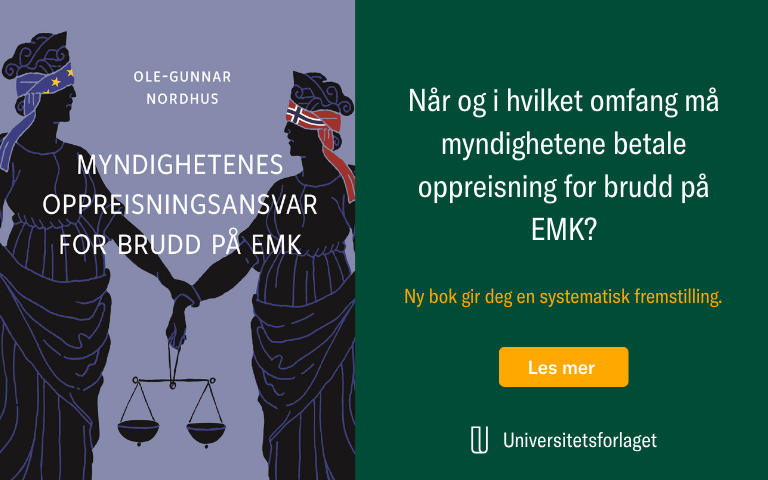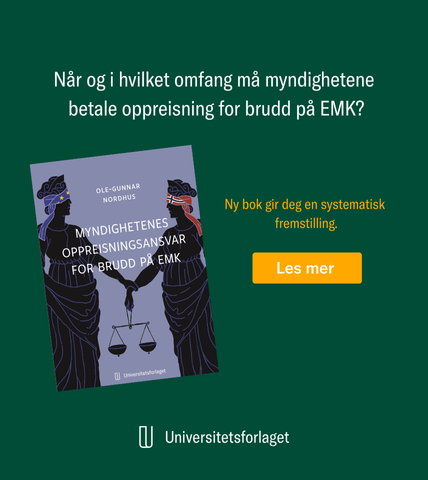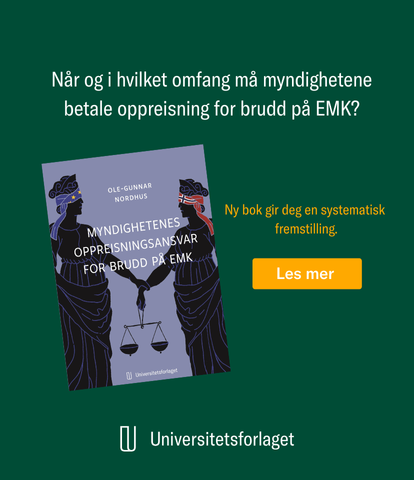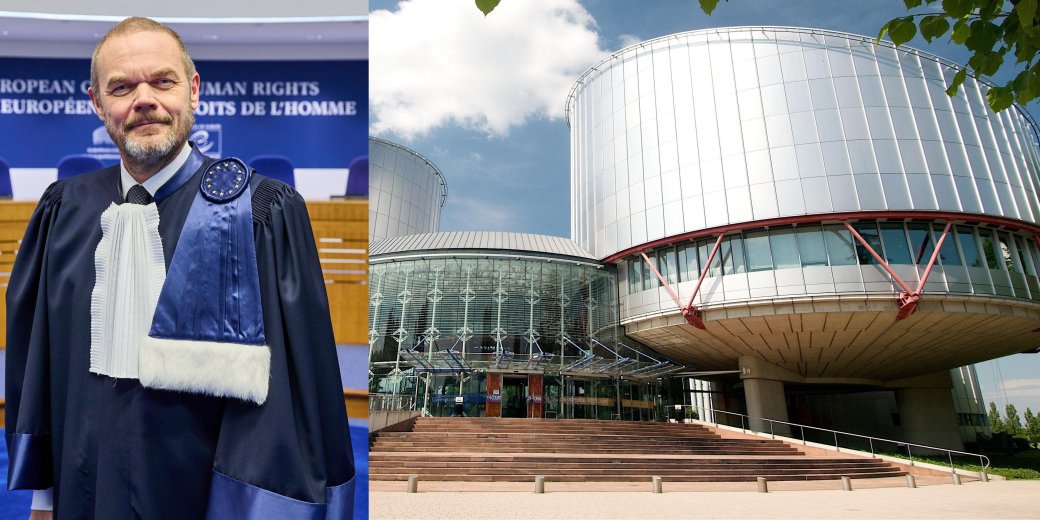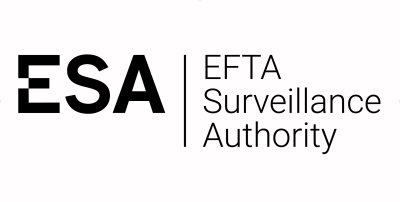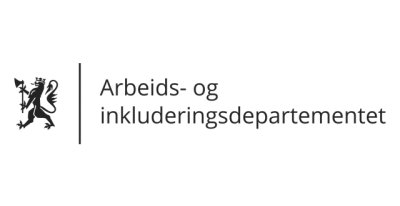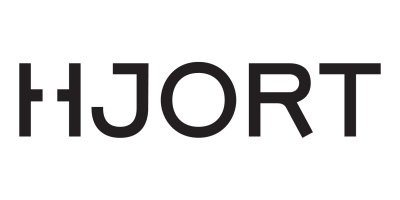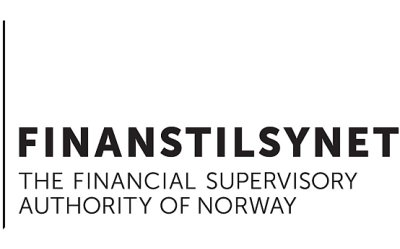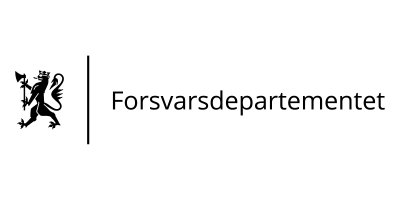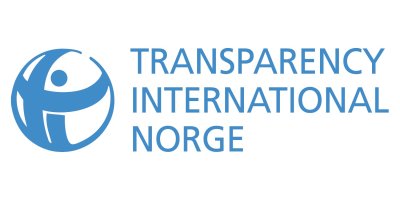Bakgrunnen for storkammerdommen EMD avsa mandag, var korona-lockdownen våren 2020. En sveitsisk arbeidstakerorganisasjon ba den 14. april 2020 om lov til å holde en 1. mai-markering med 20 personer, men fikk avslag. Avslaget ble aldri forsøkt bragt inn for noen domstol.
Organisasjonen klaget senere til menneskerettsdomstolen, og fikk i fjor vår medhold i at forsamlingsretten etter EMK artikkel 11 var krenket. Flertallet, som blant annet inkluderte den sveitsiske dommeren, skrev:
«The Court, while by no means disregarding the threat posed by COVID-19 to society and to public health, nevertheless concludes, in the light of the importance of freedom of peaceful assembly in a democratic society, and in particular of the topics and values promoted by the applicant association under its constitution, the blanket nature and appreciable duration of the ban on public events falling within the association’s sphere of activities, and the nature and severity of the possible penalties, that the interference with the enjoyment of the rights protected by Article 11 was not proportionate to the aims pursued.»
Avgjørelsen ble tatt med fire mot tre stemmer, der mindretallet blant annet pekte på at fagforeningen ikke hadde forsøkt å angripe avslaget rettslig. Fagforeningen anførte på sin side at dette ikke ville hatt noen hensikt, ettersom domstolene uansett ikke kunne behandlet en slik sak på de få dagene som gjensto frem til 1. mai.
Anket til storkammeret
Sveitsiske myndigheter ba om at fellelsen skulle henvises til storkammer, og det ble den. Mandag kom dommen, og der setter flertallet en tykk strek over hele dommen fra i fjor. Og de som hadde håpet på en prinsippdom i den ene eller annen retning vedrørende forsamlingsfriheten og fremtidige pandemier, ble kanskje skuffet.
Flertallet i EMD, inkludert Arnfinn Bårdsen, konkluderer med at saken skal avvises på grunnlag av ikke uttømte nasjonale rettsmidler. Flertallet fremhever de svært spesielle omstendighetene rundt våren 2020, og viktigheten av at det først og fremst er opp til nasjonale domstoler å anvende EMKs prinsipper på nasjonale forhold. Flertallet skriver:
«The Court considers that in this unprecedented and highly sensitive context, it was all the more important that the national authorities were first given the opportunity to strike a balance between competing private and public interests or between different rights protected by the Convention, taking into consideration local needs and conditions and the public-health situation as it stood at the relevant time.»
Nedstemt
Den sveitsiske dommeren, derimot, mener fortsatt at Sveits krenket EMK i den aktuelle saken. Sammen med fire andre dommere er han med på et mindretallsvotum, der de blant annet skriver:
«We regret that the Grand Chamber has not acknowledged that the principles which are at the heart of a democratic society are “vulnerable” in times of crisis, in terms both of procedure and of substance. It has thus passed up an opportunity to develop “crisis law” in the context of our Convention, once again leaving to the Contracting States a margin of improvisation which is fraught with danger and the risk of abuse, and which will find expression in a future global crisis.»
Storkammerdommen finner du her.


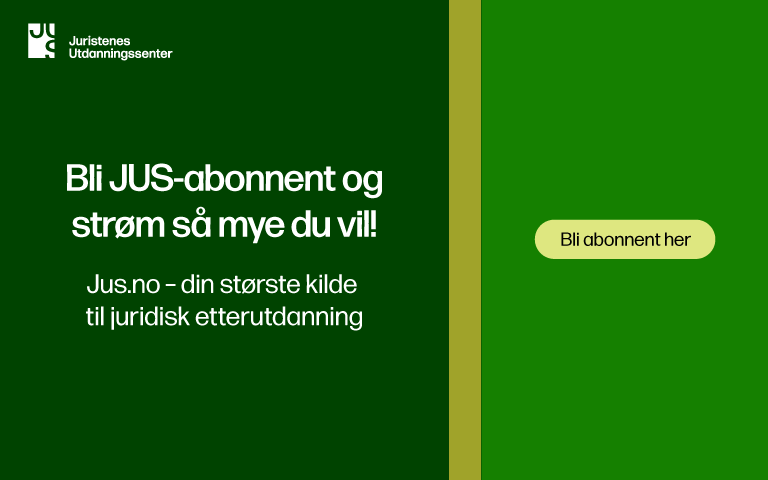



.png)

